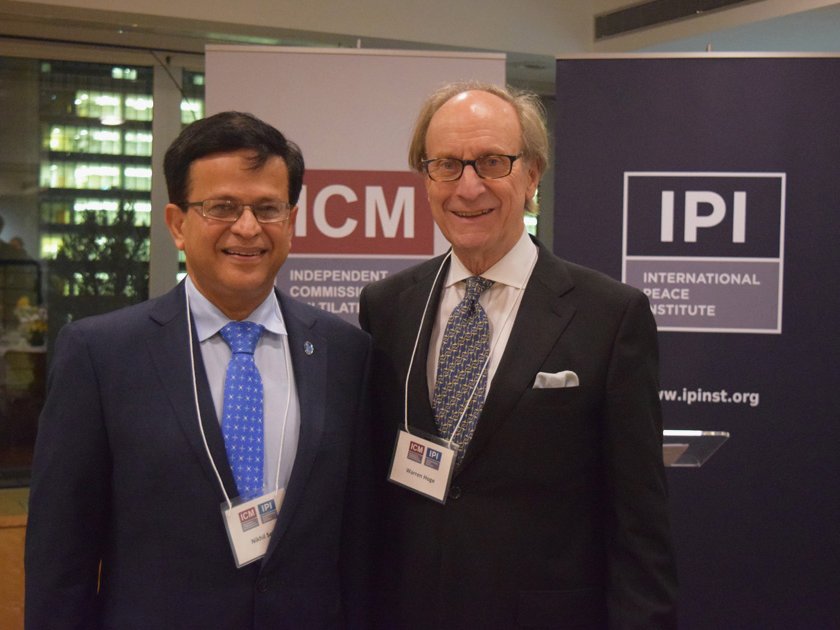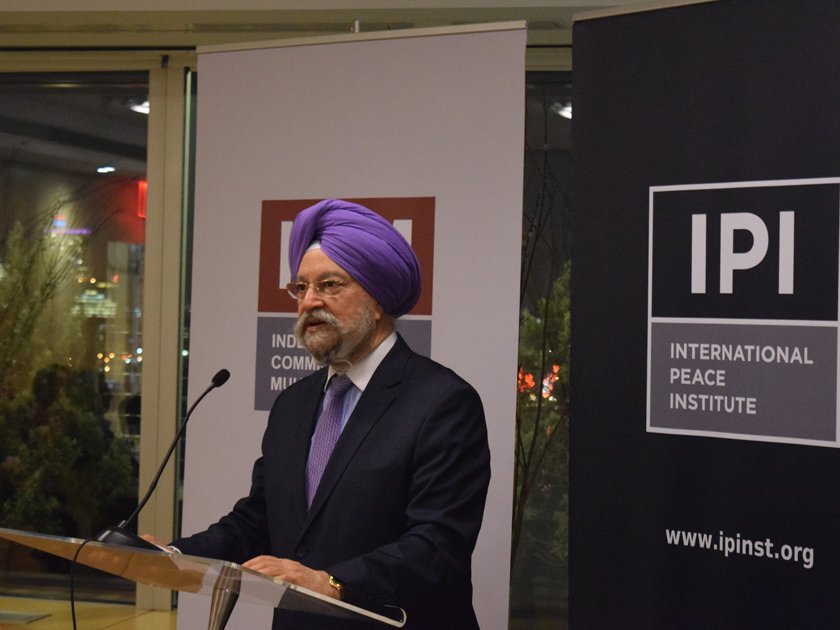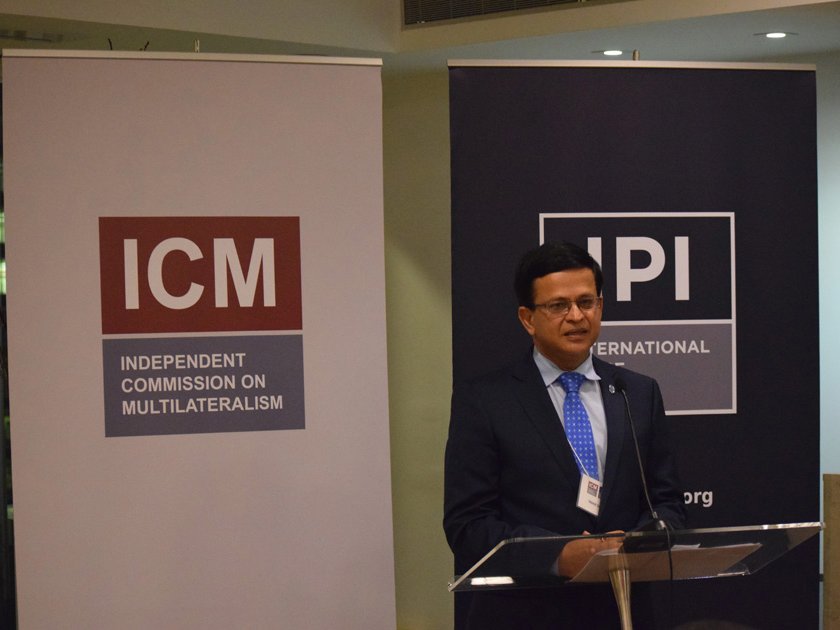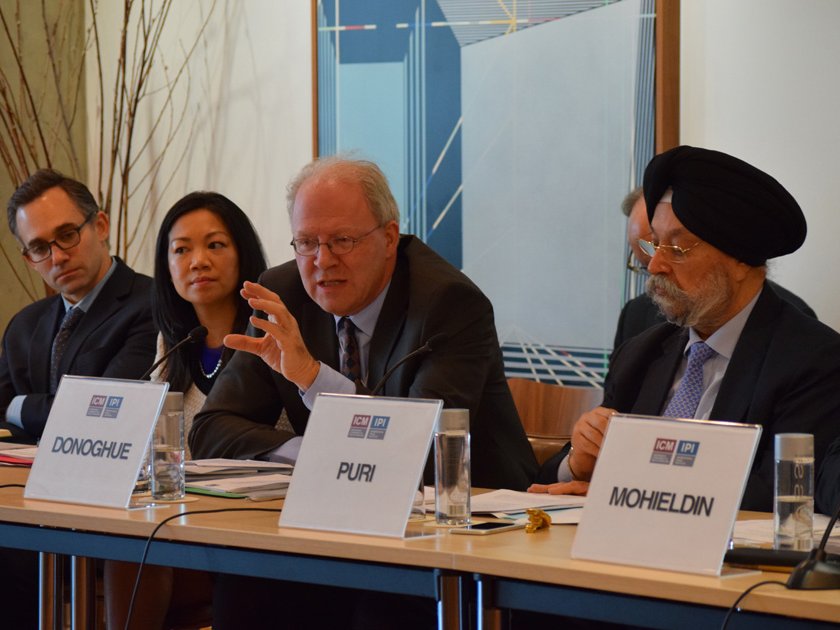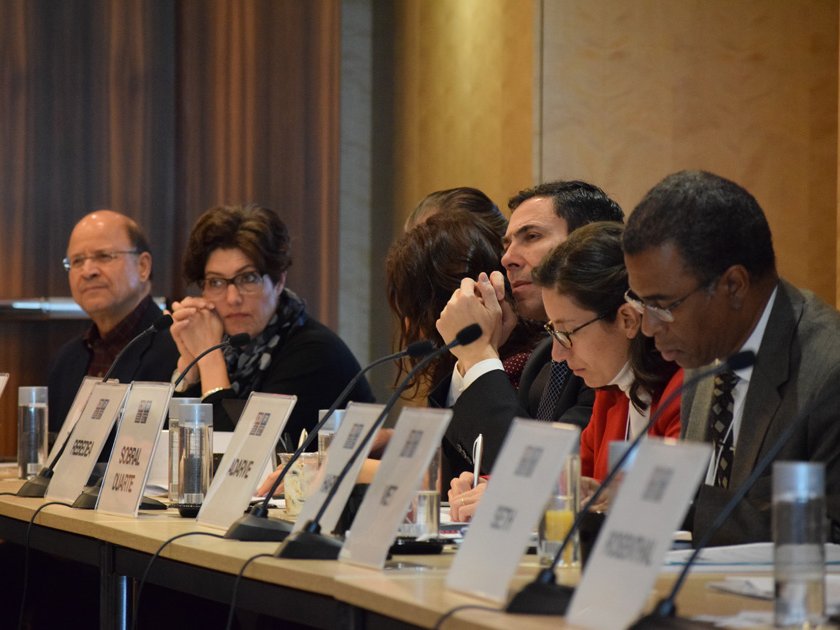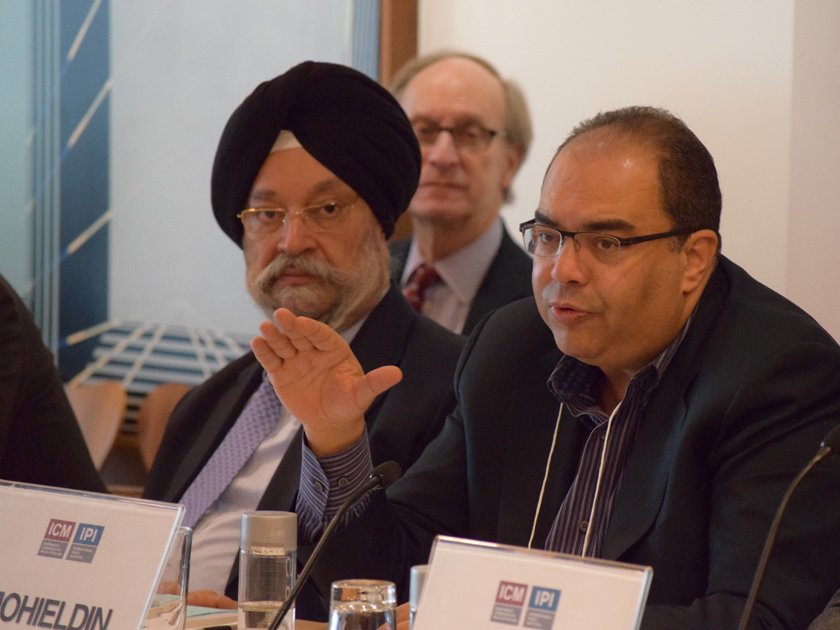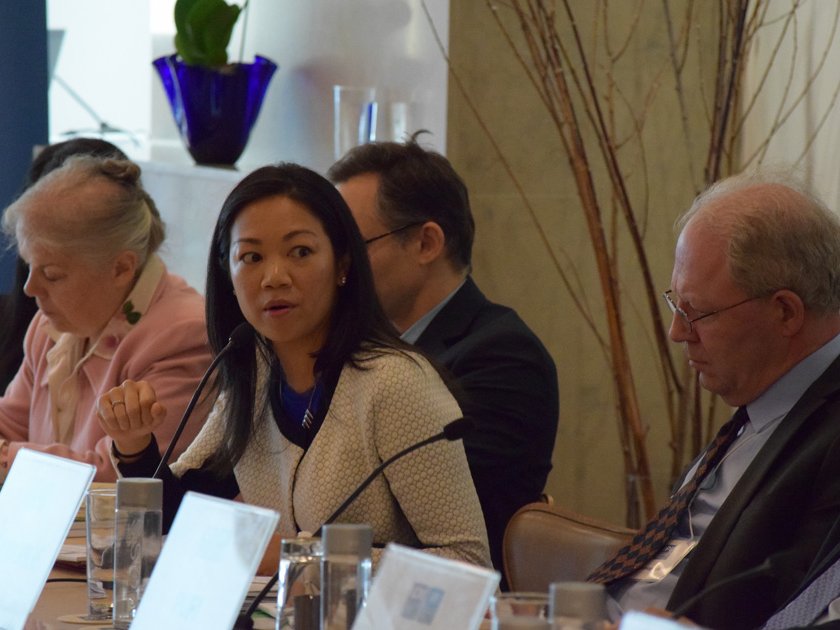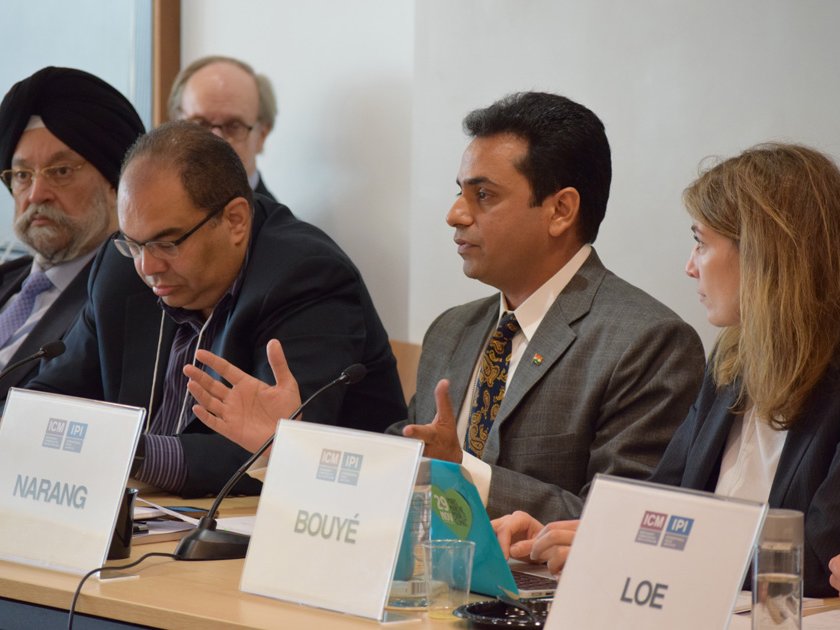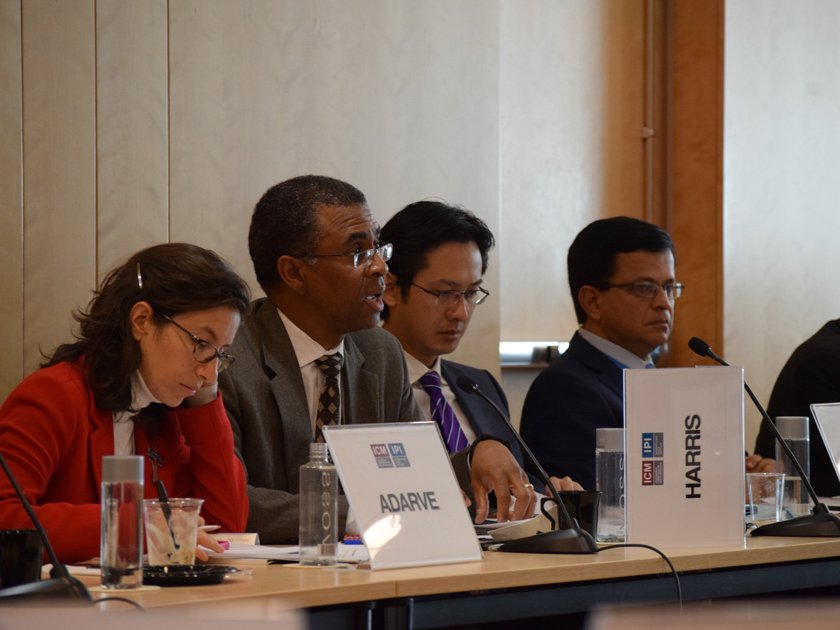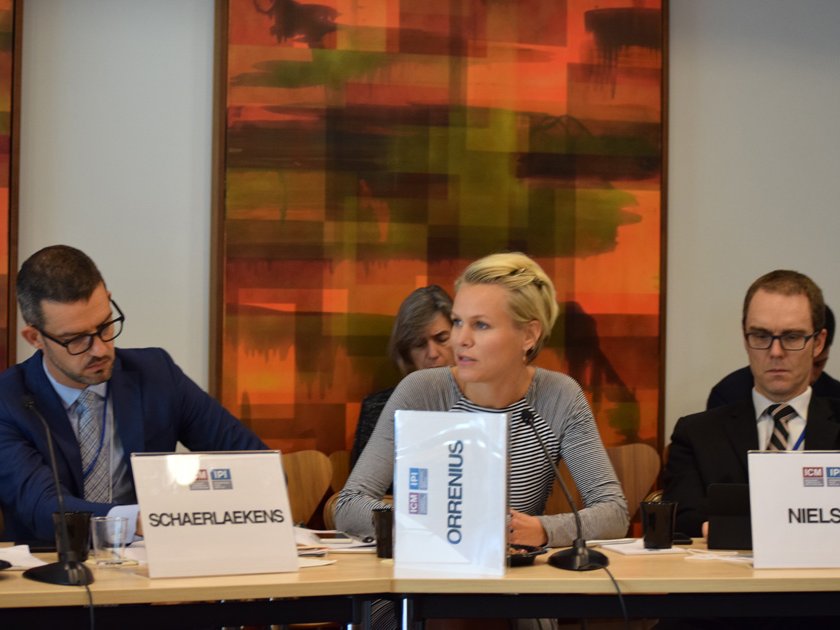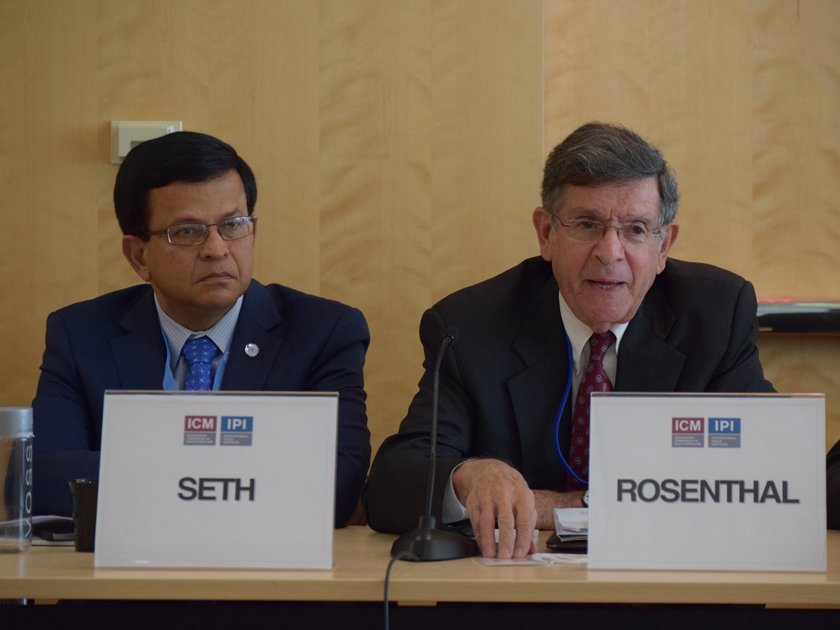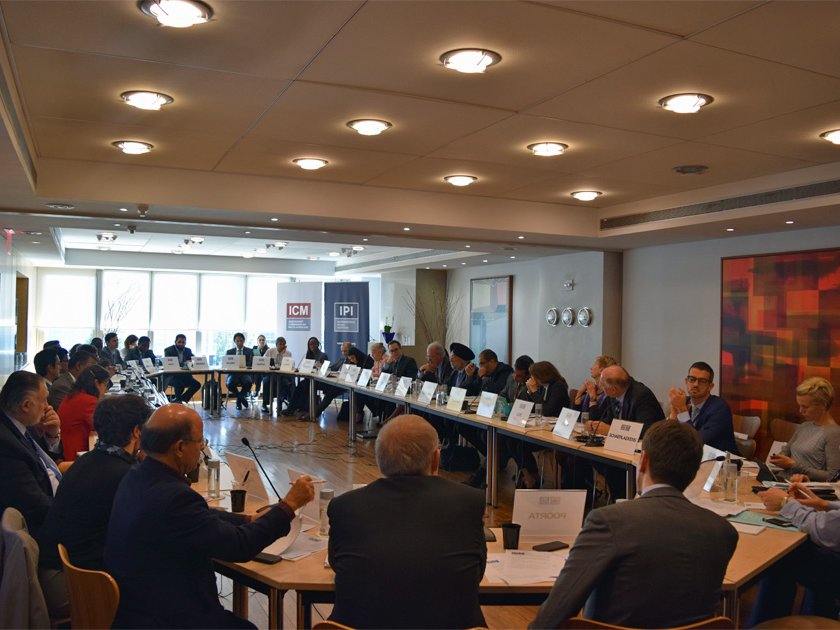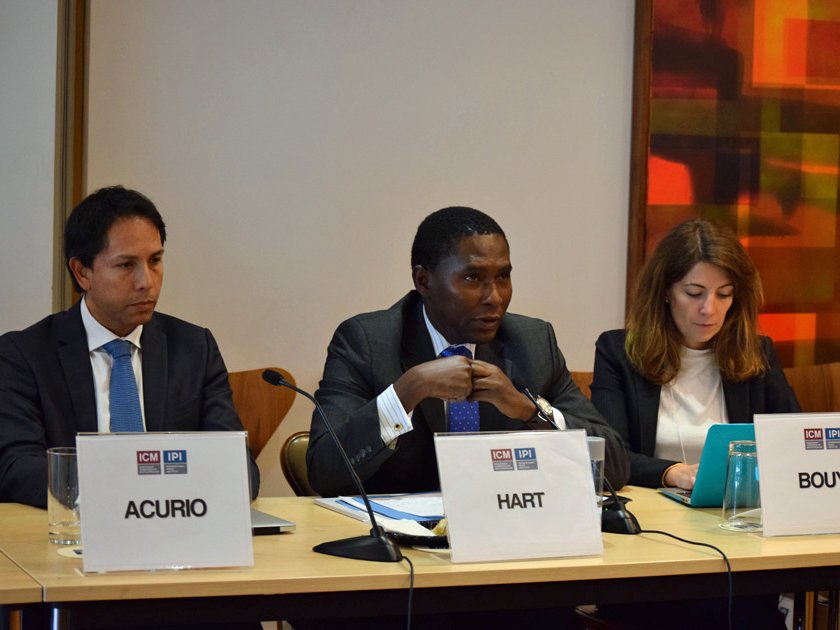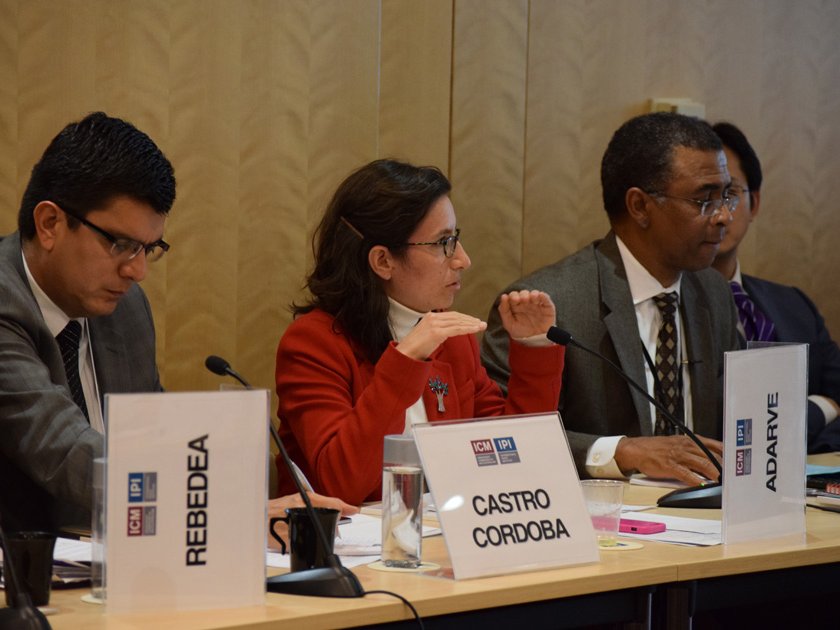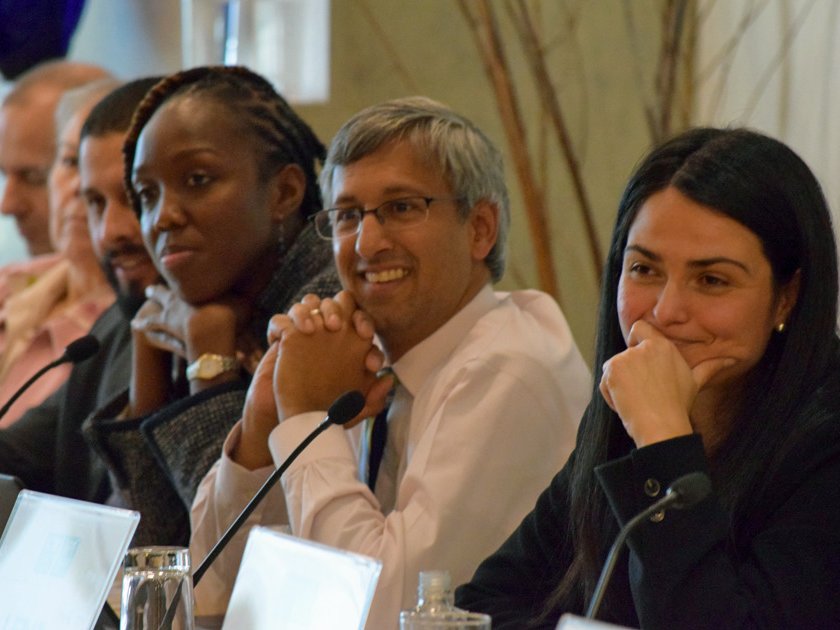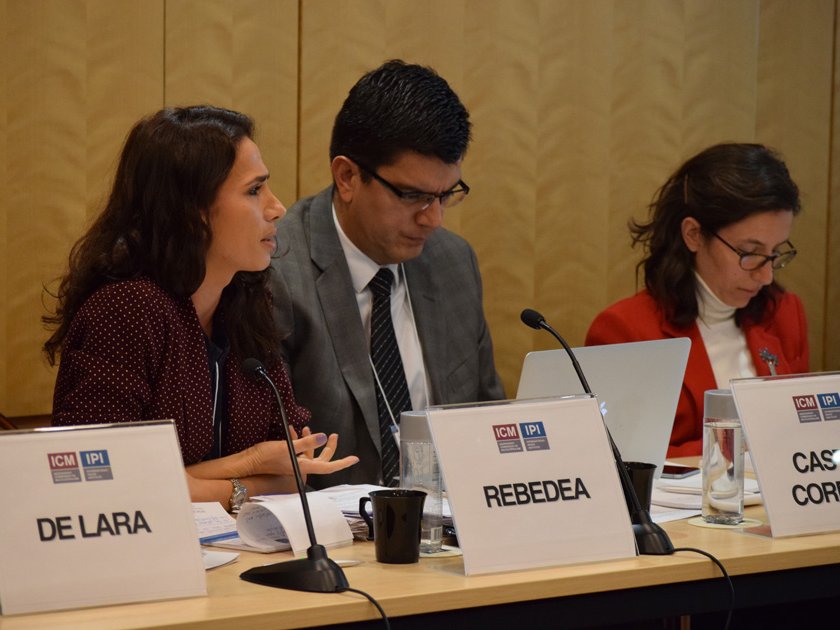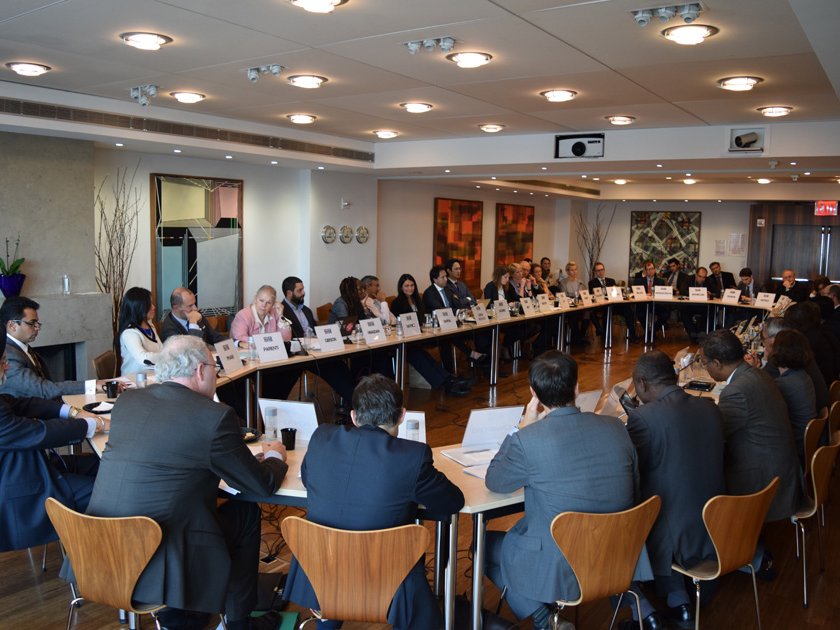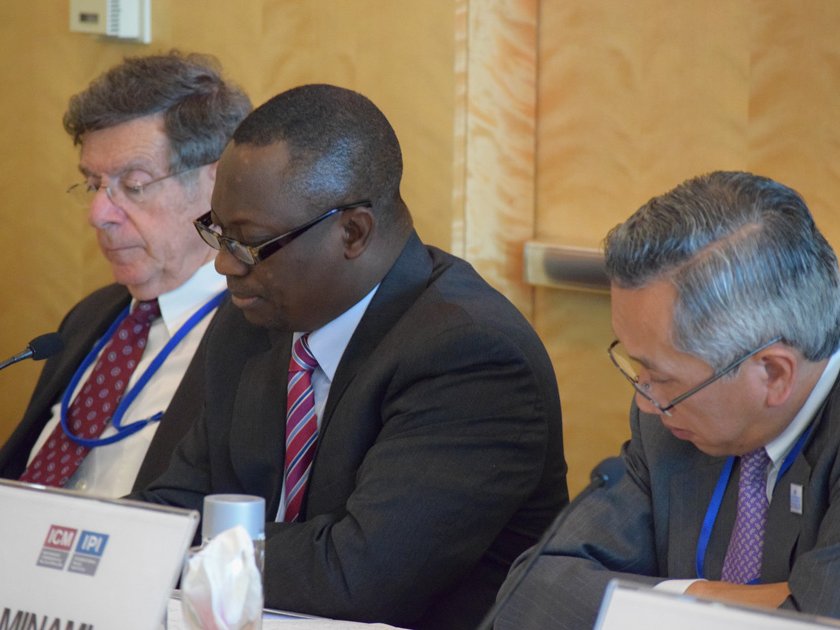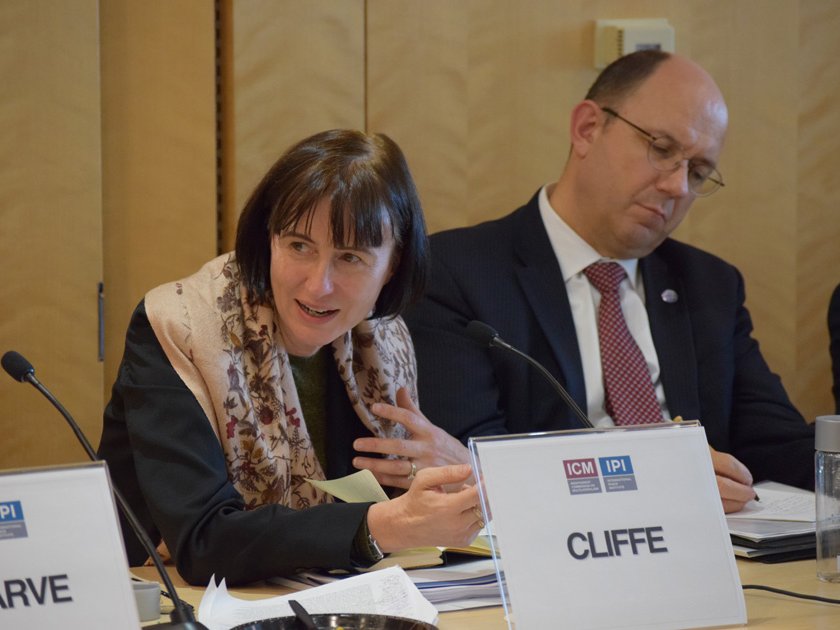By 2016, the UN will have the opportunity and the challenge to operate under the most comprehensive framework on sustainable development in the history of the organization. The process and substance of the 2030 Agenda for Sustainable Development have ushered significant shifts. The agenda’s universal application, integrative nature, and strong reference to peace as indispensable for sustainable development all mark a paradigm shift for the UN and its member states.
However, the impacts of climate change can significantly halt and even reverse progress to achieve the 2030 agenda. Despite the slow progress in negotiations, the architecture of the new climate regime is being outlined. A top priority of the agenda is the need to define an ambitious long-term goal of emission reductions at the global level, to halt climate change and adapt to its impact.
The 2030 agenda for sustainable development and addressing climate change was the topic of the ICM’s eight retreat held on November 12-13, which convened experts, academics, and ambassadors representing governments and civil society organizations.
The first session of the retreat featured a discussion on what needs to be done in order to lay the foundation for steady implementation of the 2030 agenda. The second session addressed how to leverage the synergies between climate change and the agenda. The third and last session focused on the needed institutional shifts and working methods to ensure greater coherence between the 2030 agenda and the UN’s peace and security agenda more generally.
Discussions were held under the Chatham House Rule of non-attribution and were moderated by ICM Secretary-General Hardeep Singh Puri, IPI Policy Analyst Jimena Leiva-Roesch, and the United Nations Institute for Training and Research Executive Director Nikhil Seth. Mr. Seth also gave the keynote address.
Read about the Public Consultation>>
Read the ICM Interviews with:
Nikhil Seth
Wael Hmaidan

